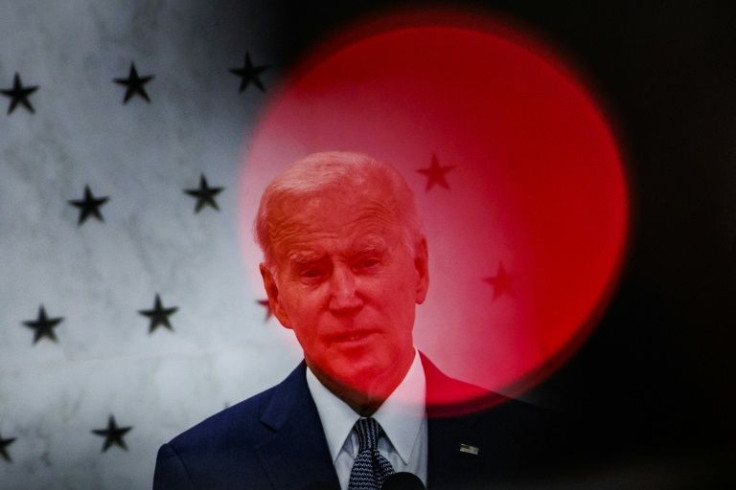Biden's Mideast Trip Is Doomed Before It's Even Started: Analysts Doubt Riyadh Can Bring Down Oil Prices
KEY POINTS
- Reports had suggested that OPEC has less spare capacity than assumed
- An expert said the volatility in oil prices has little to do with supply disruptions
- It was the uncertainty caused by Ukraine invasion that affected the oil markets
President Joe Biden's travel to the Mideast starting Wednesday, which analysts say is about coaxing Saudi Arabia to raise crude oil production in order to bring gas prices down and tame inflation, seems to be a fruitless endeavor even before it has started.
Riyadh can do little to bring down the gas prices that are hurting Americans at the pump, Politico said in a report. It said that although "conventional wisdom" is that more oil produced means cheaper gas, the "reality is more complicated."
Saudi Arabia doesn’t have a lot more oil to give and is struggling to meet its own production targets. "The release of any more oil also would require the kingdom to forge a consensus among the OPEC+ alliance," the report added.
"Even if the Saudis flooded the global market with more oil, that’s not a guarantee gasoline prices would come down. That’s because the volatility in oil prices over the past few weeks has little to do with supply disruptions," Politico quoted Ben Cahill, senior fellow at the Center for Strategic and International Studies.
Biden had claimed in an op-ed for The Washington Post that his visit is to strengthen a strategic partnership. "A more secure and integrated Middle East benefits Americans in many ways. Its waterways are essential to global trade and the supply chains we rely on. Its energy resources are vital for mitigating the impact on global supplies of Russia’s war in Ukraine," the President said.
"There's no way of visiting Saudi Arabia without it being in some sort of relationship to oil," Paul Sankey, lead analyst at research firm Sankey Research, told Politico. "But in this instance, it's not obvious that there's anything that can be done," he added.
Cahill, of the Center for Strategic and International Studies, added it was the uncertainty caused by Russia’s invasion of Ukraine that has ruffled the global oil markets.
"A lot of the price run-up is due to geopolitics and financial speculation. If you look at the physical market, the actual demand and trading of the physical barrels of crude, there's really no disruption anywhere," he added.
That said, Biden had made it clear that he would not ask Saudi Arabia individually to increase its oil production, but would instead encourage all gulf states to increase oil output. But earlier reports quoting experts had suggested that the OPEC has less spare capacity than assumed.
Recently, French President Emmanuel Macron was heard telling Biden that UAE ruler Sheikh Mohammed bin Zayed had admitted to him that Abu Dhabi is at “maximum” production and the Saudis can only increase “a little more.”
“There’s a realization that Saudi Arabia doesn’t have much to bring to the table in terms of supplies, at least for the time being,” Bill Farren-Price, a director at Enverus Intelligence Research, told Bloomberg.
Biden's trip to Saudi had garnered much attention as it comes after he pledged to make Riyadh a "pariah" following Washington Post journalist Jamal Khashoggi's murder in Turkey, which U.S. intelligence had traced back to a direct order from Saudi Crown Prince Mohammed bin Salman or MBS.
White House had also maintained that Biden won't be making a call to MBS, the de facto ruler of the country, because his "counterpart is King Salman."

© Copyright IBTimes 2025. All rights reserved.




















